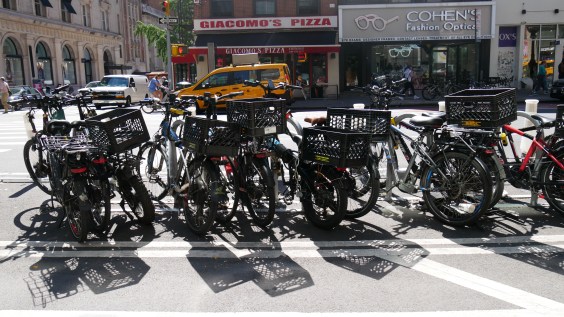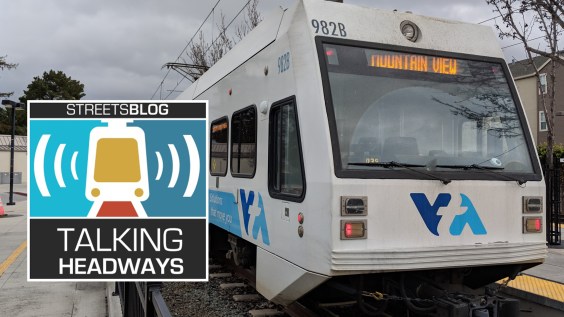Smart growth is affordable. Smart growth is healthy. More and more, smart growth is what people prefer. And yet, the view that smart growth policies are being forced on people, or that they are some sort of global conspiracy à la Agenda 21, has no shortage of adherents.
Even in Portland, a group called the Oregon Transformation Project is running candidates to overturn the region's longstanding commitment to urbanism. Engineer Scotty at Portland Transport posits that the smart growth opponents are motivated by self-interested fear of the urban renaissance:
Some density opponents are staunch conservatives, motivated by cultural politics, free-market economics, or political solidarity with other conservative constituencies such as big oil. Many other density opponents come from the left -- viewing big-ticket capital transportation projects (as well as urban renewal projects designed to encourage infill) as little more than corruption and cronyism, indistinguishable (other than in scope) from the antics of Wall Street banksters, with greenwashing being used to deceive a gullible public. But a common theme that motivates many of the critics on both the left and the right, is a dislike of density itself.
A billboard run by OTP compares a picturesque view of Mount Hood with a grainy, black-and-white photo of downtown Portland, with the words "CONGESTION DENSITY CRIME" lying under the latter. The implication being that if the current course continues, much of Clackamas County will soon resemble the worst attributes of Portland. There seems to be a fear that single-family neighborhoods all over the tri-county area will soon be overrun by apartment housing of the worst sort, and that middle-class communities will be transformed overnight into budding Rockwoods. In some cases, this fear is expressed in near-apocalyptic terms, with dire warnings about an urbanist tyranny literally forcing people out of homes and cars and into Soviet style block housing. (The term "Potemkin Village" gets used quite a bit as well -- although the term originates from Tsarist Russia and has nothing to do with communism or forced living arrangements.)
For many people, public investment in new urbanism represents public disinvestments in where they live. One other geometric fact about density is that unless the local population explodes, density can't go up everywhere. If the overall population stays more or less constant, and one neighborhood sees its density rise, then simple mathematics dictates that some other community will see its population decline. Property values and tax base will go down; and the quality of services will decline, leading to a vicious cycle of decay.
Given all of that, it's not surprising that a backlash is continuing to brew. The recession hit many people hard, and when government elects not to maintain the status quo, it's not hard to see how people feel abandoned or even threatened. People are attached to their homes, and will often go to great lengths to defend them.
Elsewhere on the Network today: Extraordinary Observations examines how college graduates cluster in cities. A View from the Cycle Path looks at average commuting distances across Canada's largest cities. And Human Transit analyzes Tweets about transit agencies in an attempt to assess performance.






